Notification: PCI India has successfully migrated from pciglobal.org to pciglobal.in. All emails received from our new domain pciglobal.in are to be treated as undisputed origin.
- About Us
- Our Work
- Health and Nutrition
- Gender, DEI and Social Norms
- Women’s Economic Empowerment and Livelihoods
- Social and Environment Protection
- Emergency Response
- Skilling & Employability
- Our Expertise
- PCI Research
- Events
- Resources
- Get Involved
- About Us
- Our Work
- Health and Nutrition
- Gender, DEI and Social Norms
- Women’s Economic Empowerment and Livelihoods
- Social and Environment Protection
- Emergency Response
- Skilling & Employability
- Our Expertise
- PCI Research
- Events
- Resources
- Get Involved
There have been significant improvements in reducing preventable maternal and child deaths in India over a period; largely on account of immense efforts by multiple actors. As per the recently released National Family Health Survey (NFHS)-5 under-five mortality rates has come down, but the overall status of child health is yet worrisome. Most importantly, many of these deaths are preventable with timely dissemination of information and initiation of health interventions and treatments. Since the implementation of the National Health Mission (erstwhile, National Rural Health Mission) the maternal and child healthcare scenario across states has improved significantly; however, the progress has been uneven across geographies and target segments, a lot is yet to be done to achieve mthe desired target.
PCI India’s development mission has a priority focus on reducing preventable maternal, newborn, and child deaths thereby improving individual and family well-being. We do so by using integrated and innovative community-based approaches to empower individuals, families, households, and communities to adopt healthy Maternal and Child Health (MCH) practices.
PCI India adopts a multi-pronged approach whereby MCH issues are addressed from all perspectives. Various social, economic, and behavioral biases which inhibit adoption of best practices are effectively addressed through appropriate levers. It is all-inclusive approach where we develop solutions and programs to effectively engage all the relevant stakeholders for the best possible impact.
We adopt a lifecycle approach and hence target all aspects along the entire continuum of care including maternal health, dietary diversity, complementary feeding, institutional delivery, antenatal birth and care preparedness, early initiation of breast feeding, exclusive breastfeeding among other practices for improved outcomes.
In general, we work on pilot projects that demonstrate our intervention model; and successful projects are further taken forward for large scale implementation. We focus on designing culturally sensitive projects, based on scientific evidence, leverage the power of ICT, reduce the changes of duplication, have potentials for scale up, include rigorous monitoring and evaluation, and aim to bridge the gap between the service provides and beneficiaries. Designing projects with a system integration theory and capacity building has been a hallmark of our approach. By identifying the root causes of mother and children healthcare challenges, we work at the individual, community and systemic levels to develop human-centred sustainable solutions and help build the immunity of the health care services. For increasing the uptake of services, we work with communities and groups of women (particularly self-help groups) to break social barriers and engage men and other key decision-makers in the conversation. Not only that, our efforts are also centered to changing social norms that leads to adherence of behaviour and practice that are not appropriate.
Our MCH approach stands on four main pillars which makes it holistic thereby maximizing the impact of our MCH interventions.
We focus on strengthening the capacities of local systems to address the requirements of improving the MCH outcomes. This includes capacity building of the staff of partner institutions including government agencies. We have a good understanding of and leverage the vast and deep network of Self-Help Groups (SHGs) developed under the National Rural Livelihoods Mission (NRLM). We provide technical assistance to several State Rural Livelihood Missions to build the capacity of their officials to deliver on the MCH outcomes.
We are a strong believer of the collective strength of the community emanating from the SHG movement to bring about improvements in health outcomes. We mobilize the community members through multiple touch points and regular contact. The empowered community members are the most effective means of bring about a change through a constant peer-to-peer influence.
Most traditional MCH practices still prevail on account of the social norms that have been in existence since times. Realizing the importance of these behavioral norms and practices, we incorporate our Social Behavior Change approach in all our programs. This helps effectively address the associated attitudes and behavioral biases and hence bring about a considerable change in the MCH practices followed over a period.
It is often the additional members from the family who have a stronger influence on the health behaviours and outcomes of the household. The male members including husband, father-in-law and even the mother-in-law are an important stakeholder and hence strong and key decision makers for the household. Realizing the importance of these strong influencers in the whole scheme of things, we actively engage them with them in furthering better MCH practices.
Lastly, to mention, we do not believe in creating a parallel system, instead, work with the existing community groups, support the state governments, and partner with civil society organizations to improve the health status of the impoverished and marginalized groups, particularly women and children. luctus nec ullamcorper mattis, pulvinar dapibus leo.
Materal & Child Health Programs
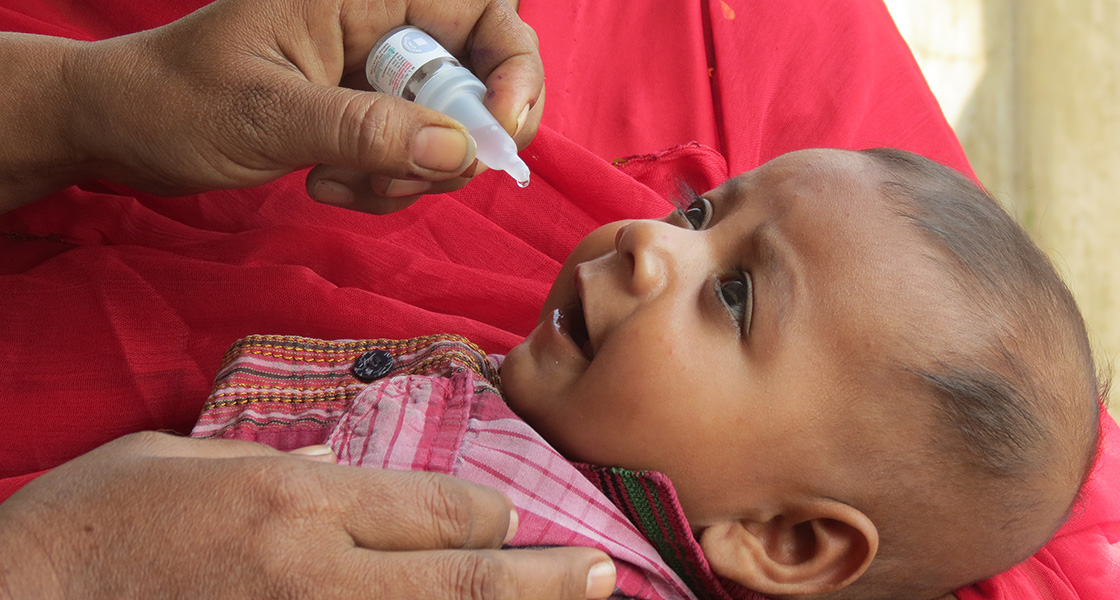
Core Group Polio Program (CGPP)
PCI has been at the forefront of India’s polio eradication efforts through the USAID...
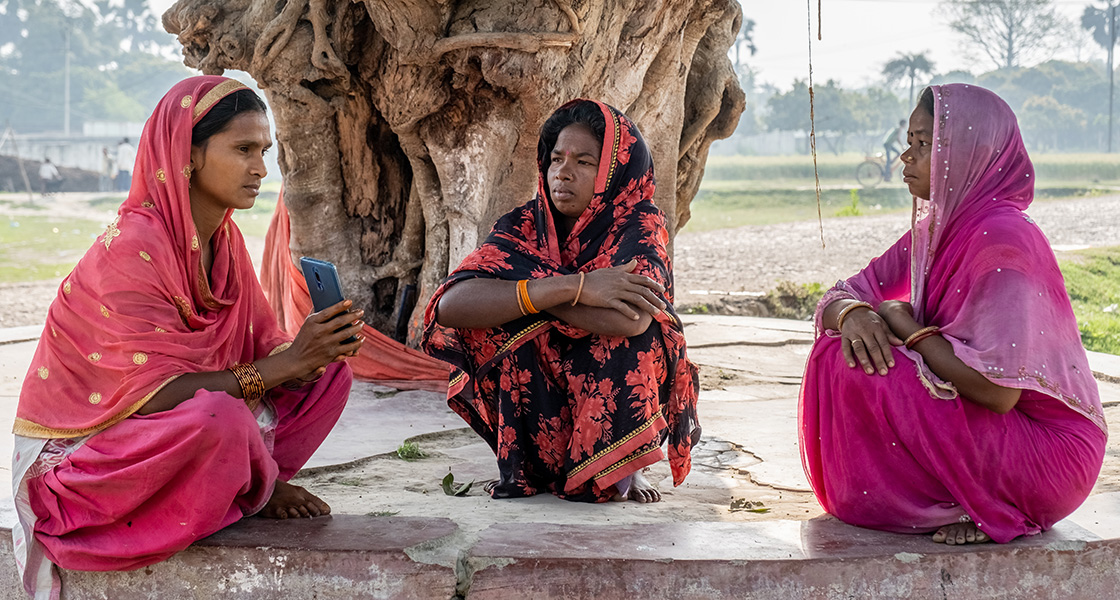
JEEViKA Mobile Vaani
As a part of the JEEViKA Technical Support Program; PCI and Gram Vaani...
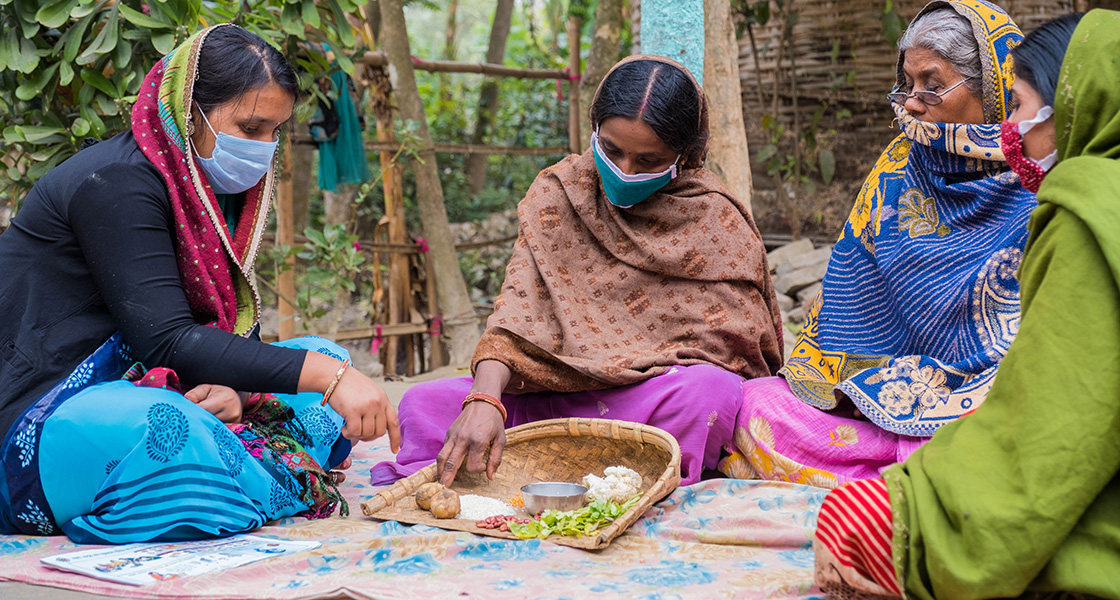
JEEViKA Technical Support Program (JTSP)
Integration of Health and Nutrition interventions with women's self-help group...
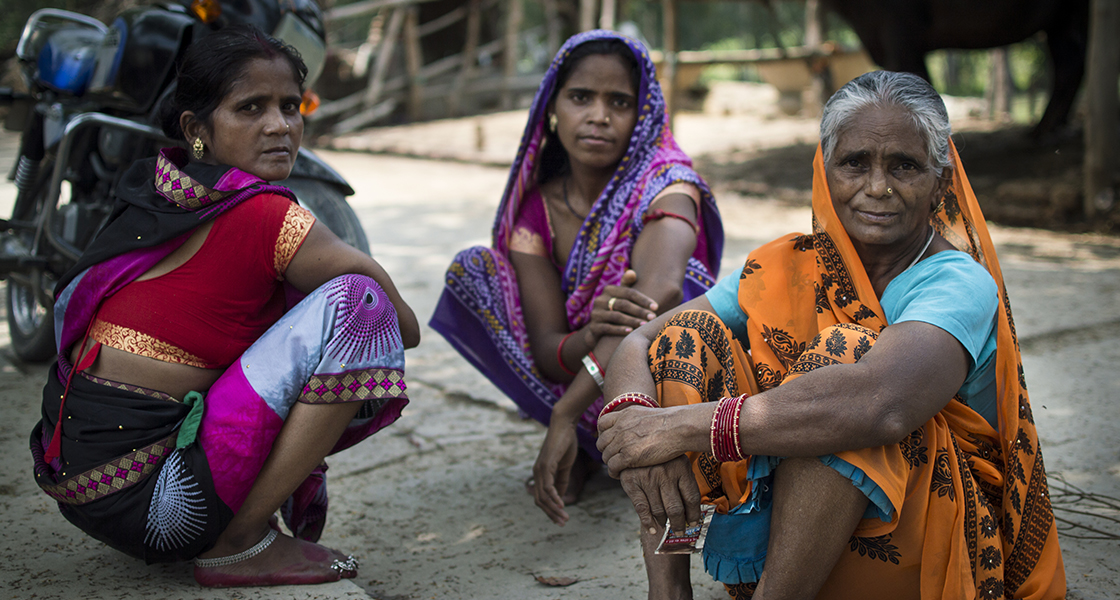
Prerna Technical Support Program (PTSP)
The Uttar Pradesh State Rural Livelihoods Mission (UPSRLM) is mandated to implement...
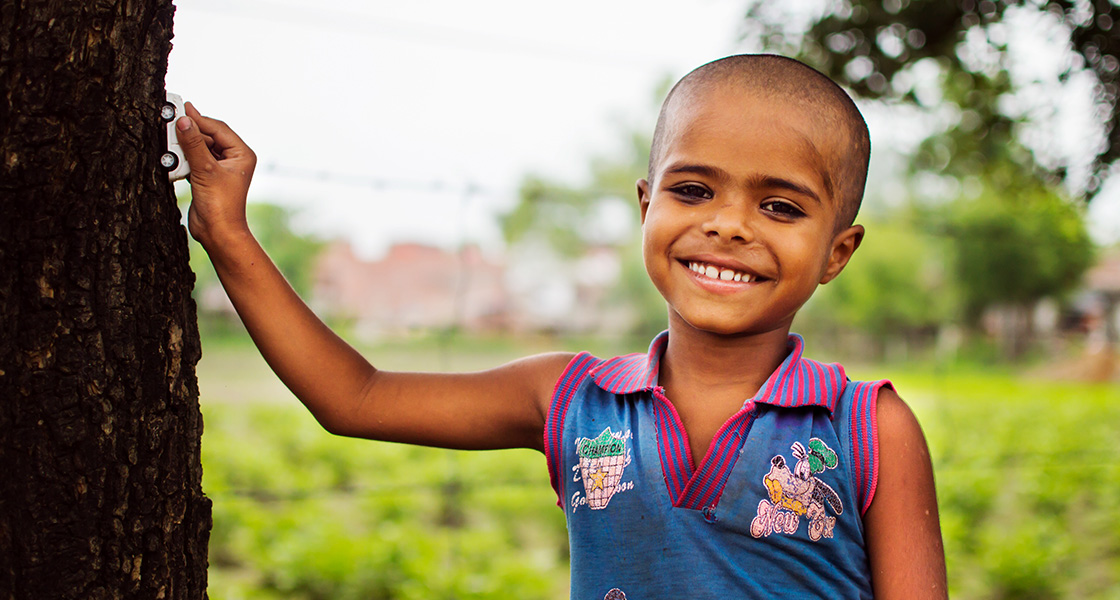
Combating Acute Encephalitis Syndrome (AES) through HNS practices at the community level
An unanticipated spate of diseases and deaths among children in and around...
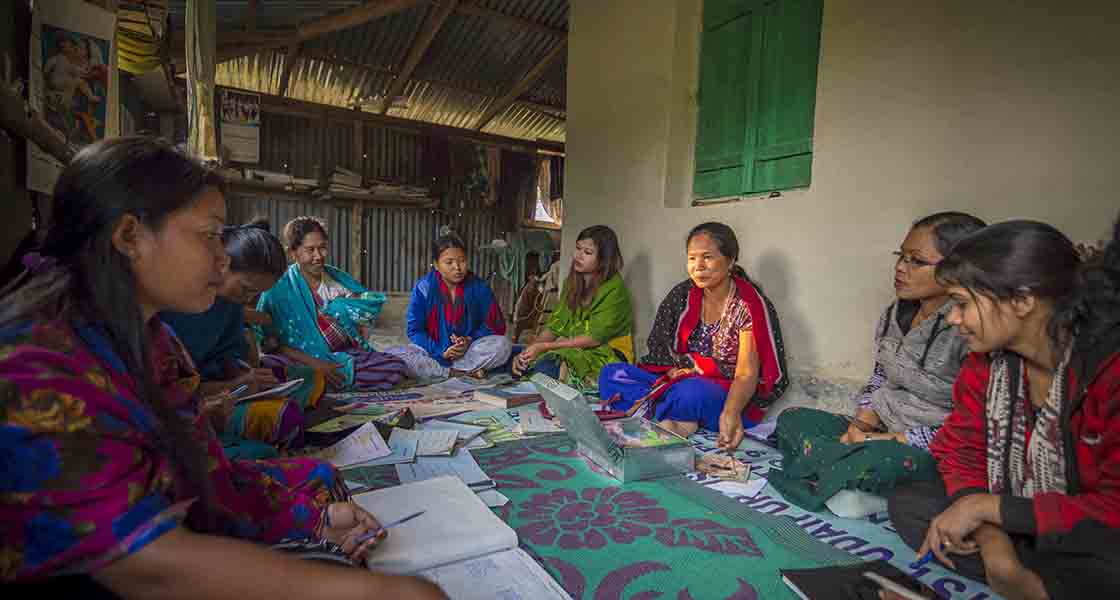
Technical Support to Tripura Rural Livelihoods Mission (TRLM)
PCI India provides technical support to the Tripura Rural Livelihoods Mission (TRLM)...
